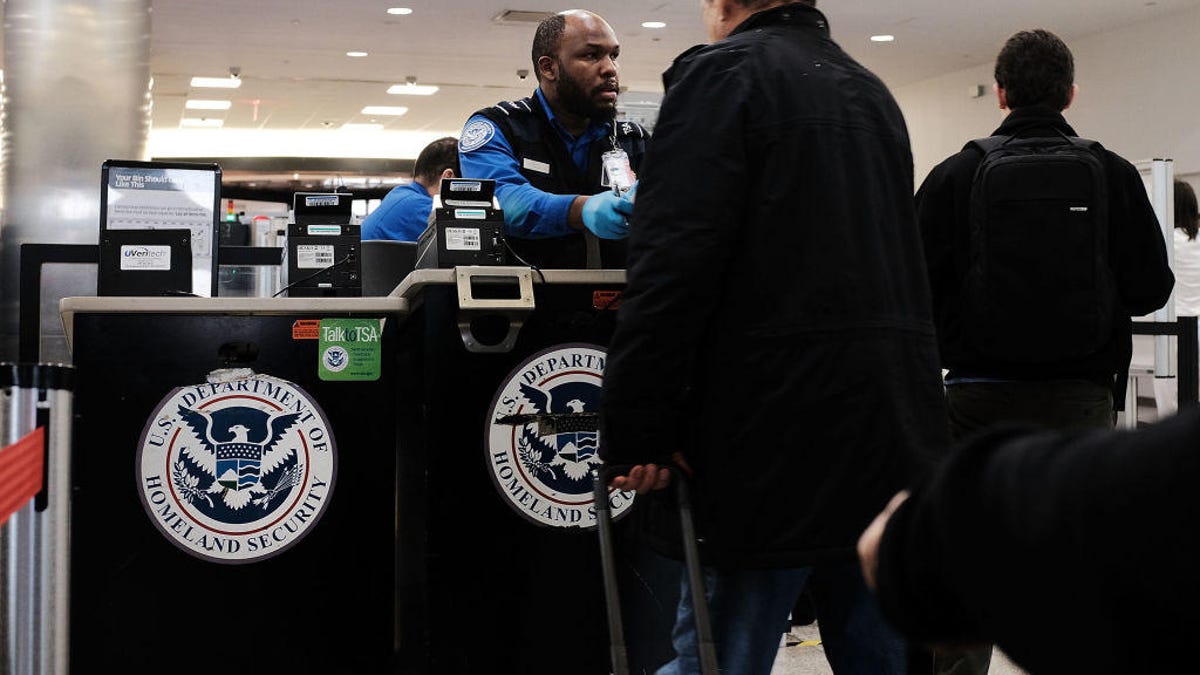TSA outlines plans to expand facial recognition use on domestic flights
It wants to move toward automating each step of your journey.

The TSA reveal its plans for the use of facial recognition software for domestic fliers.
The Transportation Security Administration has laid out its roadmap for the use of facial recognition on US domestic flights.
The plan focuses on partnering with US Customs and Border Protection (CBP) on biometrics for international travelers, expanding its use to passengers using TSA Precheck, ultimately using facial recognition on more domestic travelers and improving the infrastructure supporting all this.
The travel security agency has been testing fingerprint system at Hartsfield-Jackson Atlanta International Airport's Precheck lane since June 2017 and is partnering with Delta Airlines to launch its first biometric terminal there later this month.
The TSA says facial recognition will automate processes including self-service bag drop, ID verification and flight boarding, with the goal of reducing the need for physical forms of identification -- Australia is spearheading efforts to implement a passport-free facial recognition system that confirms a traveler's identity by matching their face against stored data.
"By testing biometrics technology in the airport environment, TSA hopes to increase security effectiveness and stay ahead of the threat," said TSA Administrator David Pekoske in a statement Monday.
Facial recognition software in Washington Dulles International Airport caught a man trying to enter the US illegally in August, three years after CBS News saw a demonstration of the system there during a pilot program.
Orlando International Airport became the first to implement the program in June, and there are now 14 "early adopter" airports using the facial recognition system to screen arriving international passengers, according to the CBP.
The best travel tips: Packing hacks, cheap flights, securing your home and more.
7 ways Google Flights beats other travel search sites: It's stupid fast, for one thing.

